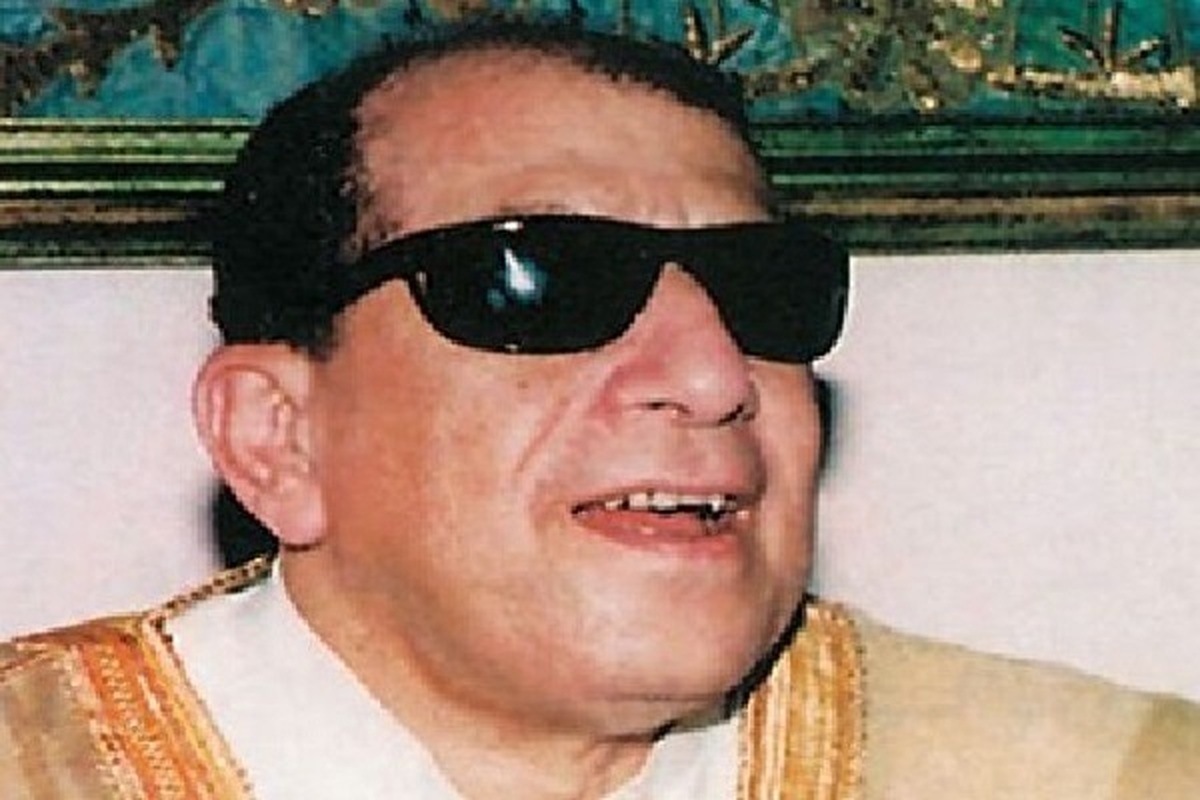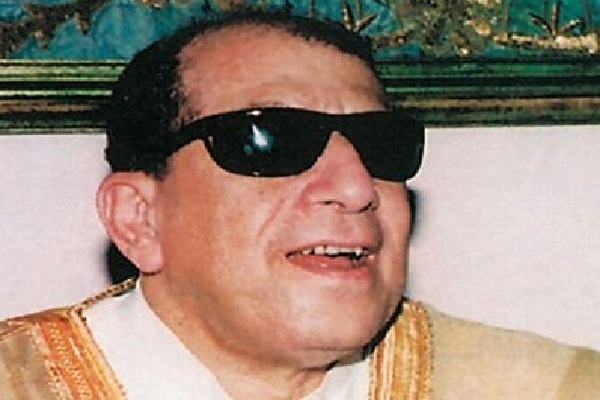Egyptian Ibtihal Reciter’s Legacy Lives On


Monday, April 21, marked the 28th anniversary of Mekawy’s death.
He was born on May 8, 1927 in Sayyida Zaynab neighborhood of Cairo.
He lost his sight at a young age. His family sent him to the great Quran reciters to memorize the Holy Book and learn Ibtihal.
As a young man, Mekawy learned to the Quran and the basics of Ibtihal from Sheikh Ismail Saqr and Sheikh Mustafa Abdul Rahim.
In the continuation of his artistic career, he learned to play the oud and mastered Eastern musical modes. For years, he performed traditional songs on the oud for Egyptian radio. However, when he decided to arrange the Asma al-Husna (names of God) using these musical modes, he faced widespread opposition from some Al-Azhar scholars. Respecting Islamic Sharia law, he did not use any musical instruments in this arrangement. Instead, he created this timeless work by employing the renowned recitation and supplication styles of famous Egyptian qaris and Ibtihal reciters, including Sayyid Naqshbandi.
Among this Egyptian figure’s other religious works is a famous theatrical piece, the lyrics of which were written by Fouad Haddad, an Egyptian poet and friend of Mekawy.
He was also very interested in national issues, and when in 1956 Egypt was attacked by the British, French and the Zionist regime after the nationalization of the Suez Canal, he composed a song called “We Fight”, in which he supported the nationalization of the canal and the fight against colonialism, and when the Abu Zaabel factory was bombed, he composed a song called “We Are Killed Workers”.
Mekawy’s artistic career began as a singer on Egyptian radio in the early 1950s. He then turned to composition, and his name was quickly recognized among the most prominent musicians and he composed songs for famous singers. He was also skilled in the construction of mass and patriotic songs.
Read More:
Amira, Mekawy’s daughter, says about her father, “My father was cheerful and dealt with life as if it is fleeting, and he dealt with the loss of his eyesight with ease.”
She adds, “After his death, I felt a great emptiness and a sense of helplessness. As the days passed and I grew older, I felt more and more lonely.”
Talking about her father’s approach to life, she says, “He was a simple man, and perhaps his simplicity was the secret of his intimacy with people. He dealt with life with simplicity and always joked about losing his eyesight.”
Sayed Mekawy died on April 21, 1997, at the age of 70. Yet his artistic and religious legacy lives on.
Below is the first recording of the enduring work Asma al-Husna. This enduring work was recorded with the voices of prominent Egyptian masters such as al-Naqshbandi, Muhammad al-Fayumi, Abdul-Sami al-Biyumi, and Mahmoud Ramadan.
4277838



